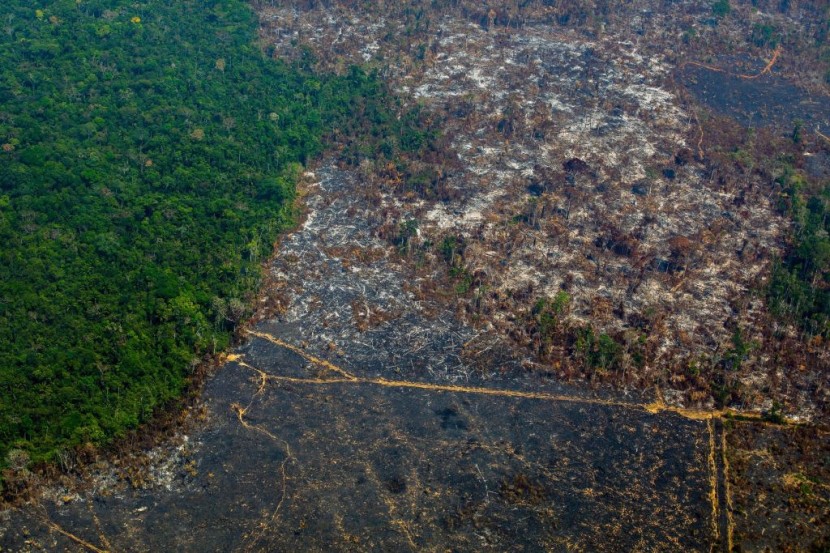
Amazon region leaders met during a summit held in Brazil and have agreed on a plan to address the issue of deforestation of the crucial ecosystem.
The eight countries have all agreed on various initiatives that seek to curb deforestation in the largest and most important rainforest in the world. The meeting, convened by Brazilian President Luiz Inacio Lula da Silva resulted in the agreement known as the Belem Declaration.
Amazon Summit Results in Plan To End Deforestation
It provides Brazil with a road map to stave off the rampant deforestation in the Amazon, which has been caused primarily by industrial agriculture and land-grabbing. It has severely damaged the rainforest and has had major implications for the planet's climate.
Many expect the meeting to also result in a separate agreement on Wednesday among other countries whose territories contain major rainforests. These include the Democratic Republic of Congo, the Republic of Congo, and Indonesia. It would result in the close coordination of nations in an effort to protect global ecosystems, as per the New York Times.
Not only is the Amazon rainforest a haven of biodiversity, but it also plays a crucial role in fighting against the threat of climate change. This is because it pulls a massive amount of carbon dioxide, which raises global temperatures, out of the planet's atmosphere and stores it away.
In the last half a century, roughly 17% of the Amazon rainforest has been razed and an even bigger portion has been severely degraded. There have been several studies that suggested any more deforestation would be a disaster to the tens of thousands of species in the region and transform it into an emitter of greenhouse gasses.
The Amazon summit was part of President Lula da Silva's efforts to galvanize a climate-conscious coalition of countries. It also comes seven months after he successfully unseated Jair Bolsonaro, whose term of four years was marred by student support for the country's right to clear vast tracts of land for its economic benefit.
Despite the agreements, the summit ended without the concrete commitments that some environmentalists wanted that they believed would end deforestation. The Belem Declaration lays out the countries' plan to drive economic development while avoiding the destruction of the Amazon rainforest, according to the Associated Press.
Lack of Measurable Goals and Timeframes
There are environmental groups that described the latest declaration as a compilation of good intentions but little in the way of measurable goals and timeframes. However, the agreement received support from others and the Amazon's umbrella organization of Indigenous groups celebrated that the plan included two of its main demands.
In a statement, the international group WWF said that it is significant that the leaders of the countries involved have listened to the science and have understood society's call. However, it added that they have not reached a common point in ending deforestation of the rainforest.
Additionally, a dozen rainforest countries have formed a pact to demand developed countries to fund poorer nations to help them combat climate change and preserve biodiversity.
It was revealed in a joint statement known as the "United for Our Forests," which was issued by Bolivia, Brazil, Colombia, the Democratic Republic of Congo, Ecuador, Guyana, Indonesia, Peru, the Republic of Congo, Saint Vincent, and the Grenadines, Suriname, and Venezuela, said Reuters.
Related Article: Hawaii Declares State of Emergency Due to Ongoing Wildfires Fueled by Hurricane Dora
© 2025 HNGN, All rights reserved. Do not reproduce without permission.








